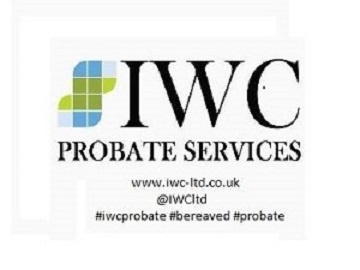
Most Popular
The Benefits of Making a Will Online in the UK
In today's digital age, the process of creating a will ...
Inheritance Tax Planning Advice: What You Need to Know
Inheritance tax planning is a crucial aspect of financial management ...
Unlocking the Power of Medallion Signature Guarantees
In the world of financial transactions, security and authenticity are ...



Importance of Grant Probate in the UK

When someone passes away, handling their estate, including finances, property, and personal belongings, can be a complex and sensitive process. In the UK, the legal process that gives authority to manage a deceased person's estate is called Grant probate UK. This legal document is essential for anyone responsible for administering the deceased’s assets, especially if they left behind a will.
What is Grant Probate?
Grant probate is a legal document issued by the UK probate registry. It grants the executor named in the deceased’s will the authority to manage and distribute the estate according to the wishes outlined in the will. If the deceased did not leave a will, the next of family can apply for a similar document, called letters of administration, which grants them similar rights. This document is necessary to legally access bank accounts, property titles, and other assets held in the deceased’s name.
Why Is Grant Probate Important?
Without grant probate, financial institutions and other organizations will not release or transfer the deceased’s assets. Probate ensures that the executor or next of kin has the legal authority to settle debts, manage assets, and distribute the estate accurately. It also prevents disputes among beneficiaries, as it clarifies who is responsible for the estate.
When Is Grant Probate Required?
Grant probate UK is usually required if the deceased owned property, had a substantial bank balance, or held investments. Smaller estates might not require probate if the assets are minimal, or if jointly held, as these often transfer automatically to the surviving owner.
In the UK, grant probate is a vital step in estate administration, ensuring the deceased's wishes are respected and their assets are distributed correctly. Executors and family members must understand this process to handle estate matters smoothly, ensuring legal compliance and peace of mind.